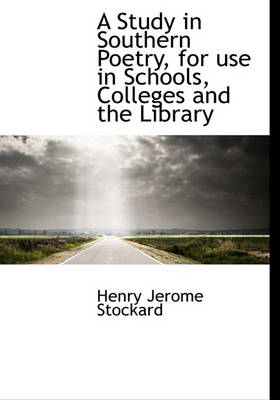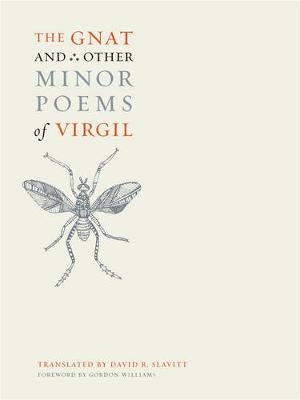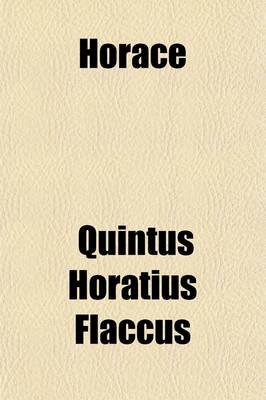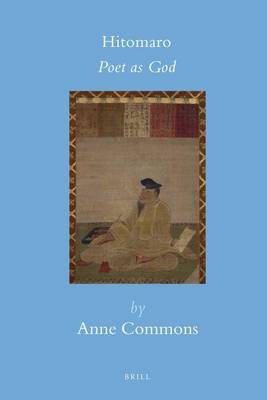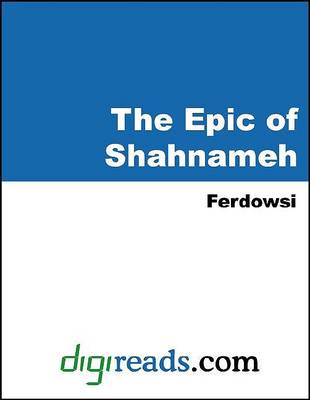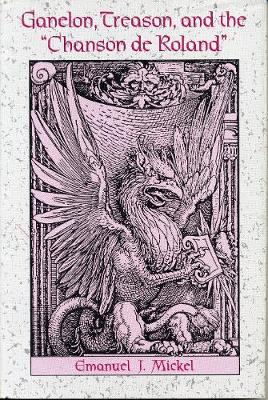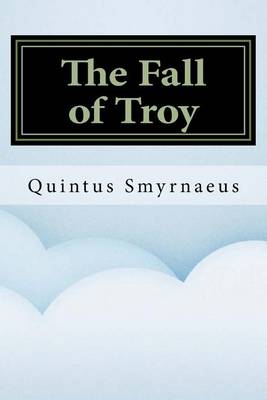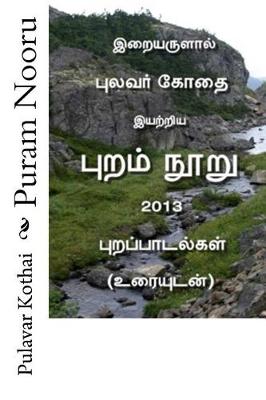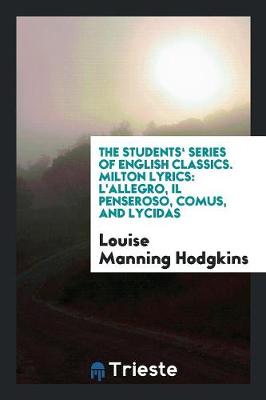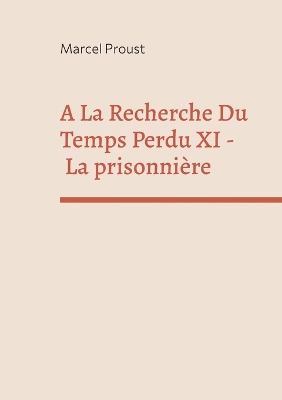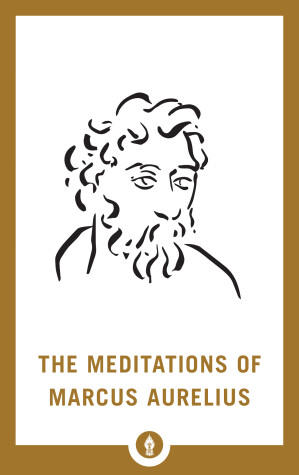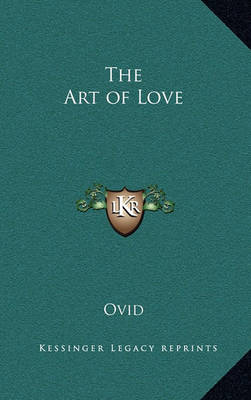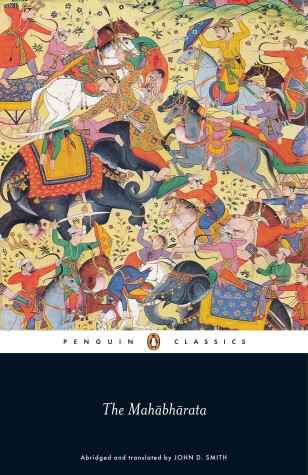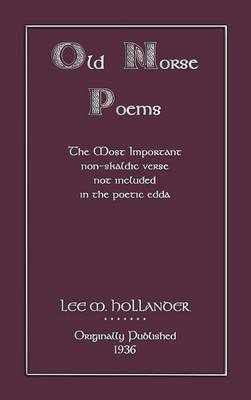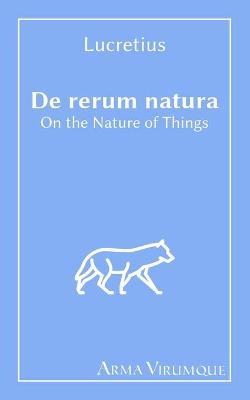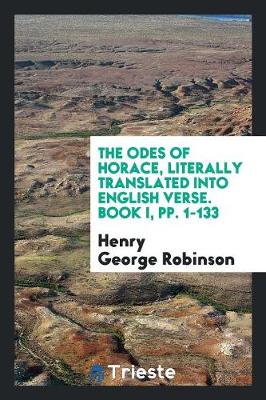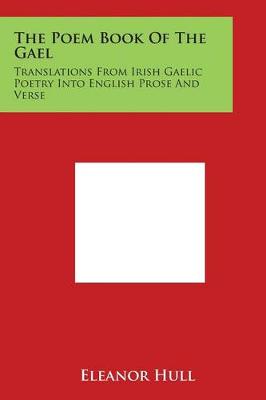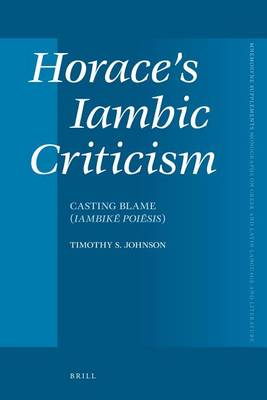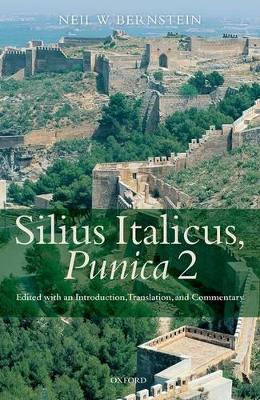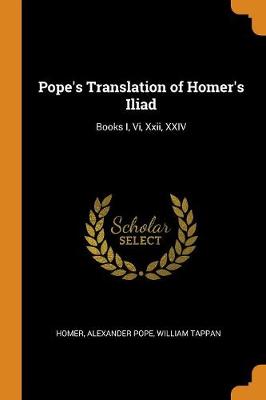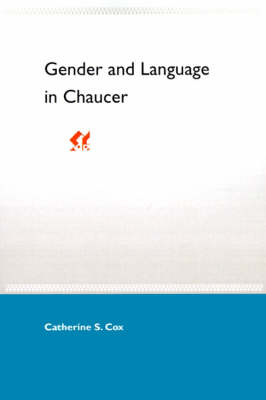A Study in Southern Poetry, for Use in Schools, Colleges and the Library
by Henry Jerome Stockard
These delightful poems - by turns whimsical, beautiful, and vulgar - seem to have primarily survived because they were attributed to Virgil. But in David R. Slavitt's imaginative and appealing translations, they stand firmly on their own merits. Slavitt brings to this little-known body of verse a fresh voice, vividly capturing the tone and style of the originals while conveying a lively sense of fun.
Hitomaro: Poet as God (Brill's Japanese Studies Library)
by Anne Commons
This work probes the question of Ganelon's treason within the context of medieval law and the epic poem. Since the beginning of studies on the medieval epic tradition, scholars have debated what to make of Ganelon's role in the epic and his defense at the trial. To what extent would a medieval audience sympathize with Ganelon's trial defense? Does the conflict revolving around Ganelon and his family reflect tension between the crown and the nobility, between a new sense of Roman law and kingship...
The Meditations of Marcus Aurelius (Shambhala Pocket Library)
by George Long
Classic teachings on the art of living by the great Roman emperor, statesman, and general. The Roman emperor Marcus Aurelius originally wrote the meditations collected here in the form of a personal journal during his military campaigns in the second century. In them, he reflects with great beauty and simplicity upon the Stoic virtues that lead to a happy life: self-mastery, moral strength, duty to oneself and others, detachment, and acceptance of the divine order and the way of Nature. His wor...
The Mahabharata is one of the two major Sanskrit epics of ancient India. It is of immense importance to the culture of the Indian subcontinent, and is a major text of Hinduism. Its discussion of human goals (artha or 'purpose', kama or 'pleasure', dharma or 'duty', and moksha or 'liberation') takes place in a long-standing tradition, attempting to explain the relationship of the individual to society and the world (the nature of the 'Self') and the workings of karma.
The Odes of Horace, Literally Tr. Into Engl. Verse by H. G. Robinson. 2 Vols. [in 4 Pt. with the ...
by T E Page
Horace's Iambic Criticism (Mnemosyne, Supplements, #334)
by Timothy S Johnson
To date the positive value of Horace's iambic criticism has been underestimated, and overall Horace has been tamed too much. By examining the relationship of the iambic tradition with ritual, this book studies how Horace's Epodes are more than partisan (consolidating Octavian's victory by projecting hostilities onto powerless others) but meta-partisan (forming fractured entities into a diversified unity). As Horace moves through his iambics to lyrics (Epodes to Odes), he stages acts of aggressio...
Silius Italicus, Punica 2
Silius Italicus' Punica, a Latin epic poem on the second Punic war written at the end of the first century CE, is one of the few Roman historical epics to survive from antiquity. This volume represents the first full-length scholarly commentary in any language on Book 2 of the seventeen-book epic and accompanies a recent resurgence in scholarly interest in the Punica. It includes an extensive introduction to the poem's historical and literary contexts, along with the full Latin text and apparat...
Pope's Translation of Homer's Iliad
by Homer, Alexander Pope, and William Tappan
Gender And Lanquage In Chaucer
Catherine S. Cox considers the significance of gender in relation to language and poetics in ChaucerUs writing. Examining selections from "The Canterbury Tales, Troilus and Criseyde, The Legend of Good Women" and the ballades, she explores ChaucerUs concern with gender and language both within the context of 14th-century culture and in light of contemporary feminist and poststructuralist theory. (Poetry)

